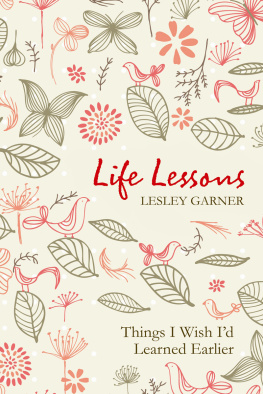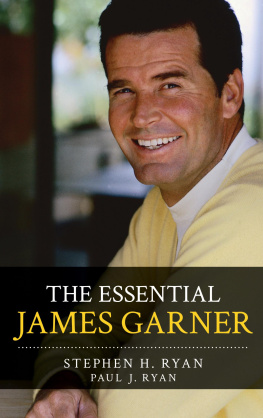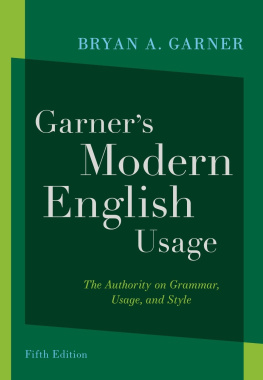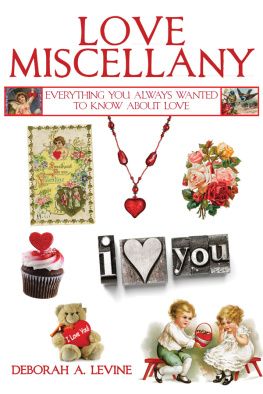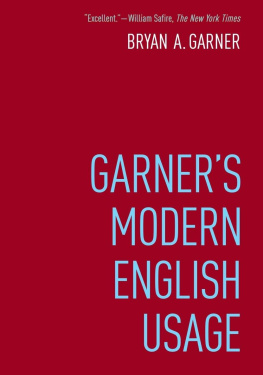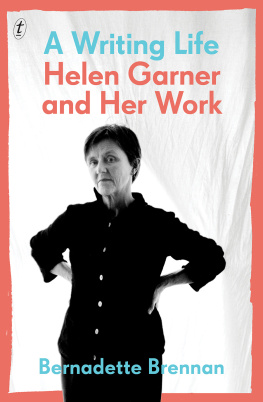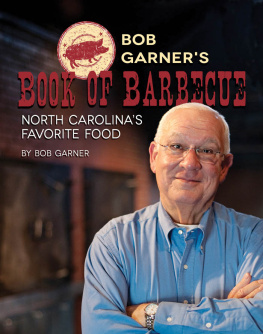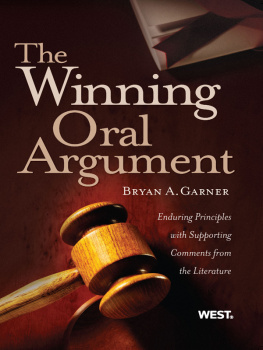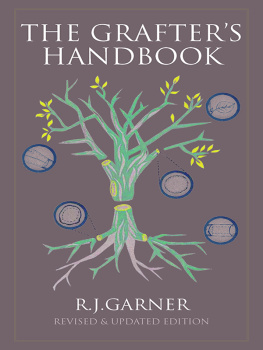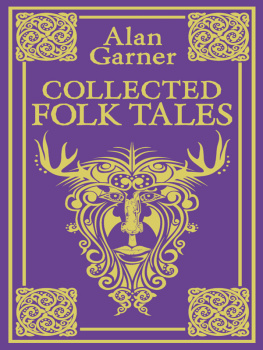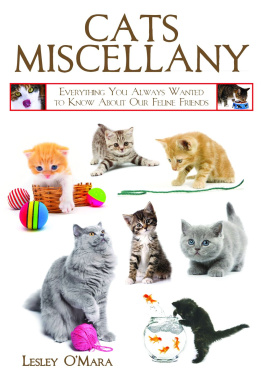Dwight Garner - Garners Quotations: A Modern Miscellany
Here you can read online Dwight Garner - Garners Quotations: A Modern Miscellany full text of the book (entire story) in english for free. Download pdf and epub, get meaning, cover and reviews about this ebook. publisher: Farrar, Straus and Giroux, genre: Art. Description of the work, (preface) as well as reviews are available. Best literature library LitArk.com created for fans of good reading and offers a wide selection of genres:
Romance novel
Science fiction
Adventure
Detective
Science
History
Home and family
Prose
Art
Politics
Computer
Non-fiction
Religion
Business
Children
Humor
Choose a favorite category and find really read worthwhile books. Enjoy immersion in the world of imagination, feel the emotions of the characters or learn something new for yourself, make an fascinating discovery.

- Book:Garners Quotations: A Modern Miscellany
- Author:
- Publisher:Farrar, Straus and Giroux
- Genre:
- Rating:5 / 5
- Favourites:Add to favourites
- Your mark:
- 100
- 1
- 2
- 3
- 4
- 5
Garners Quotations: A Modern Miscellany: summary, description and annotation
We offer to read an annotation, description, summary or preface (depends on what the author of the book "Garners Quotations: A Modern Miscellany" wrote himself). If you haven't found the necessary information about the book — write in the comments, we will try to find it.
Garners Quotations: A Modern Miscellany — read online for free the complete book (whole text) full work
Below is the text of the book, divided by pages. System saving the place of the last page read, allows you to conveniently read the book "Garners Quotations: A Modern Miscellany" online for free, without having to search again every time where you left off. Put a bookmark, and you can go to the page where you finished reading at any time.
Font size:
Interval:
Bookmark:
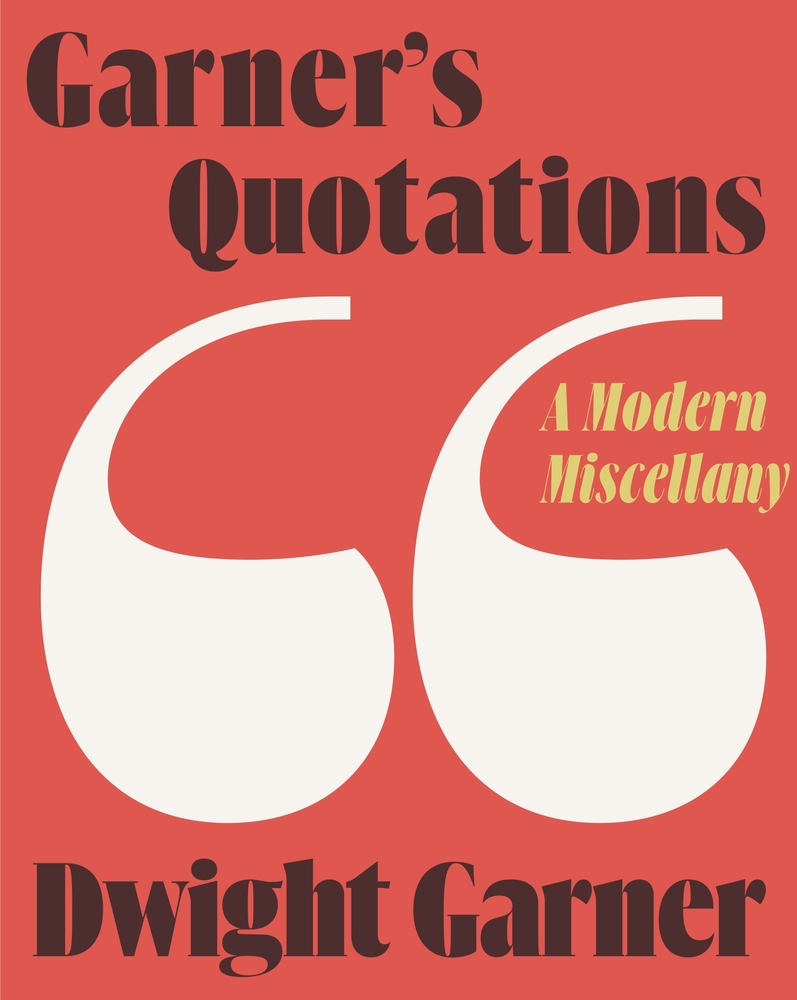

Its where I write down favorite sentences from novels, stories, poems, and songs, from plays and movies, from overheard conversations. Lines that made me sit up in my seat; lines that jolted me awake. About once a year, Ill say something I think is worthy of inclusion. I mostly end up deleting those entries. I began keeping my commonplace book in the 1980s, when I was in high school. In the 1990s, when I was working as the arts editor for an alternative weekly newspaper in Vermont, I typed the whole thing into a long computer file.
Ive moved it from desktops to laptops and now onto my iPhone, too. Into it Ive poured verbal delicacies, the blast of a trumpet, as Emerson put it, and bits of scavenged wisdom from my life as a reader. Yea, for I am an underliner, a destroyer of books, and maybe you are, too. Commonplace books are not so uncommon. Virginia Woolf kept one. W. H. H.
Auden published his, as did the poet J. D. McClatchy. E. M. Forsters was issued after his death.
The novelist David Markson wrote terse and enveloping novels that resembled commonplace books; they were birds nests of facts threaded with the authors own subtle interjections. For fans of the genre, many prize examples have come from lesser-known figures such as Geoffrey Madan and Samuel Rogers, both English, who issued commonplace books that are notably generous and witty and illuminating. These have become cult items. The literary critic Christopher Ricks said about Rogers that, although he may not have been a kind man, he was very good at hearing what was said. In my commonplace book, for handy reference, I keep things in categories: food, conversation, social class, travel, politics, cleanliness, war, money, clothing, etc. I use it as an aide-mmoire, a kind of external hard drive.
It helps me ward off what Christopher Hitchens, quoting a friend, called CRAFT (Cant Remember a Fucking Thing) syndrome. I use my gleanings in my own writing. Like Montaigne, I quote others in order to better express myself. Montaigne compared quoting well to arranging other peoples flowers. Sometimes, I sense, I quote too often in the reviews I write for The New York Times, swinging on quotations as if from vine to vine. Its one of the curses of spending a lifetime as a word-eater, and of retaining a reliable memory.
Perhaps the book you are holding will purge me of this habit. I fear it will inflame it. I am no special fan of most books of quotations. Bartletts Familiar Quotations, The Yale Book of Quotations, and The New Penguin Dictionary of Modern Quotations, to name three dependable reference books, are invaluable, for sure, as repositories of literary and verbal history. (Countless other books of quotations arent reliable at all, and the less said about quotation sites on the Internet the better.) But even the best contain a good deal of dead weight. They lean, sometimes necessarily, on canned and overused thought and, grievously, are skewed to the upbeat.
So many of the lines they contain seem to vie to be stitched onto throw pillows or ladled, like soup, over the credulous soul. Almost all poetry is a failure, Charles Bukowski contended, because it sounds like somebody saying, Look, I have written a poem. The same is true of quotations and aphorisms. So many have a taxidermied air, as if they were self-consciously aimed at posterity. The book you are holding is a more personal venture. Its an attempt to break with the conventions of commonplace books and volumes of quotations.
For one thing, it contains only a small selection of the material Ive hoarded. For another, in arranging these sentences Ive gone by feel, not by category. Ive tried to let the comments speak to one another and perhaps throw off unexpected sparks. Quotations, by definition, are out of context. Ive played freely with this notion and have placed some lines quite out of context indeed. In this book there are few life lessons and little uplift, except by accident.
Ive selected lines mostly from books and writers I admire, and its my hope that a reading list might present itself over the course of the proceedings. This book is a way of saying thank you to many writers for the pleasure theyve brought me. Obviously I dont agree with everything said; retweet does not always, as they say on Twitter, equal endorsement. A literary critic thinks long and hard before bringing another book into the world. Perhaps, this critic thinks, a thrifty book that points the way to other books might be worthwhile. Writing in the April 1904 issue of The Atlantic, Walt Whitman declared that he was tired of gloved gentleman words.
He admired unhemmed latitude, coarseness, directness, live epithets, expletives, words of opprobrium, resistance. I have tried to put Whitmans words to use in regard to quotations. There is more blaspheming in this book than there is in most collections of quotations. (Until fairly recently, most did not permit profanity.) It is a truth universally acknowledged among book critics that the most memorable lines in many novels contain the word fuck. These cannot be printed in newspapers. I have saved these lines up, and present some of them here.
Dwight Garner I hope this pen works. Yes, it does. Katherine Mansfield, diary Howre you doing, apart from the end of liberal capitalist democracy? Ali Smith, Spring A friend of mine says this is the beginning of the end of the global order. Rachel Cusk, Coventry One day someone will use the last surviving Latin word in English to say something like, This sucks. Michael Hofmann, Paris Review interview Ive heard the saying That sucks for years without really being sure of what it meant. Now I think I know.
Stephen King, The Stand I wonder what the nice people are doing tonight. Chelsey Minnis, Iceberg Why are you all reading? I dont understand this reading business when there is so much fucking to be done. Sheila Heti, How Should a Person Be? Better a good venereal disease than a moribund peace and quiet. Henry Miller, Quiet Days in Clichy Theyve got crabs. Whats wrong with that? I asked. We eat crabs all the time.
Henry Louis Gates, Jr., Colored People Here we go then, (genital) warts an all Viv Albertine, Clothes, Clothes, Clothes. Music, Music, Music. Boys, Boys, Boys. Everything that is true is inappropriate. Oscar Wilde Everyone nodded, nobody agreed. Ian McEwan, Amsterdam Lets, as if sore, grab a few things from the flood. R. R.
Font size:
Interval:
Bookmark:
Similar books «Garners Quotations: A Modern Miscellany»
Look at similar books to Garners Quotations: A Modern Miscellany. We have selected literature similar in name and meaning in the hope of providing readers with more options to find new, interesting, not yet read works.
Discussion, reviews of the book Garners Quotations: A Modern Miscellany and just readers' own opinions. Leave your comments, write what you think about the work, its meaning or the main characters. Specify what exactly you liked and what you didn't like, and why you think so.

